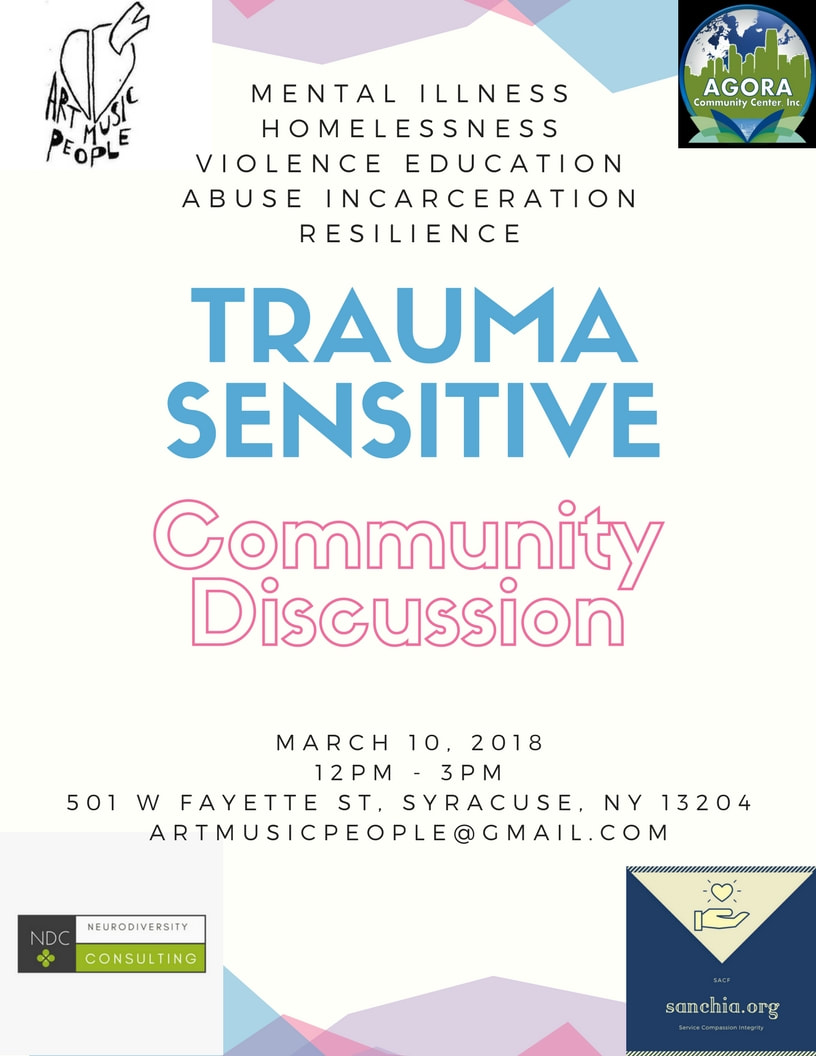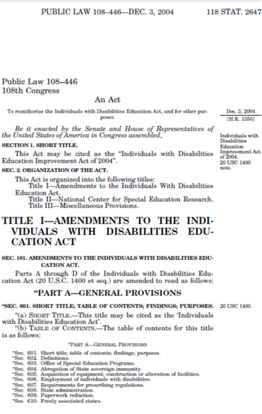|
By Liza Citron Update 10/4/2021 3:18 PM to include additional information. We may wish to think that the atrocities of institutionalization and the legacy of Willowbrook (Beatings, Burns and Betrayal: The Willowbrook Scandal’s Legacy) are far behind us. There are currently institutions in existence that disturbingly mirror those of the past. The Judge Rotenberg Educational Center (JRC) in Canton, MA, is one such institution. Opened in 1971 as the Behavior Research Institute, the JRC has come under fire for the use of electroshock devices to control residents. Residents at the school are developmentally or emotionally disabled or fall under the vague heading of displaying “autistic-like behaviors.” They are also approximately 90% from the greater New York City metropolitan area and 90% of minority ethnicity. The high proportion of residents from minority ethnic groups suggests a compounding stigma of race and disability. While taxpayer-funded through the public school system, the JRC curriculum is reportedly nonexistent. Students are often placed in front of a computer with little active teaching. In addition, the center’s distance from where most of its residents usually live leaves individuals, families, and communities out of the accountability process. The JRC uses graduated electronic decelerators (GED), delivering as much as 90 mA per two-second shock. For reference, a cattle prod delivers a shock of up to 10 mA for a fraction of a second. The GED is worn like a backpack by the disabled individual and weighs up to 10 pounds. Teachers or other authority figures use remote controls to administer shocks for unwanted behavior. The practice is governed by controversial applied behavioral analysis (ABA) methods and conditioning methods described by behaviorist B.F. Skinner in the 1930s and 40s. JRC staff administer shocks in response to innocuous behaviors such as brief moments of closed eyes or diverted attention. In addition, actions such as crying out while being shocked result in shocks. Regardless of the effectiveness of Skinnerian or ABA methodologies themselves, such treatment can only be described as horrific and torturous. Residents are in a seemingly endless cycle of shocks, and some residents become nonresponsive. At least six people have died at the JRC since its founding. The Food and Drug Administration (FDA) banned the use of GED devices on humans in March 2020. The GED-4, delivering the highest voltage shock, was never approved for use in the first place. In July of 2021, the D.C. Circuit Court overturned the ban, stating it was out of the scope and jurisdiction of the FDA to do so. The JRC argued, and the appeals court judges agreed, that the FDA did not have the authority to enforce the ban. In essence, use of the GEDs could not be banned specifically for the purpose of behavior modification. The devices either had to be prohibited or approved outright, in all circumstances. The legacy of Willowbrook and institutionalization are not as far away as some might think. Individuals on the internet and in- person continue to speak about the conditions for residents at the JRC. Many of them are disabled themselves. Everyone, abled and disabled alike, needs to understand the implications of allowing the JRC to continue shocking vulnerable youth. Read articles like this one and the ones referenced here—sign petitions. Write to your state and federal elected officials asking why taxpayer dollars fund the torment of young people with disabilities. And ask them why better community supports aren’t funded for this vulnerable population. #StopTheShock #StopShockingAutisticPeople Resources and Information
1 Comment
See the latest article from CEO Samantha Pierce about building resilient students and educators published in the September issue of Family Times magazine. Transforming Tragedies: An effort to build resilience to trauma in school "Everyone experiences distressing events in their lives. You’ve probably heard about trauma, the emotional response to these events. Our emotional reactions to these events can have long term effects on the way we think, make decisions and relate to others. Developing resilience—our ability to cope with stress—makes responding to adversity easier." by Liza Citron  Educators can make the best experiences for students in the classroom. Educators can make the best experiences for students in the classroom. As teachers are going back to school, many might have an autistic or otherwise neurodivergent child in their class -- perhaps for the first time. Educators might reasonably wonder where to begin in tailoring the classroom experience to that child -- connecting to the child as an entirely new experience for the teacher. How different is the autistic experience to the neurotypical one? How does autism affect a child in their formative years? What changes should be made for the child to help them connect to the curriculum and the teacher, and to help them succeed? These are all questions teachers might be asking themselves as the “mad rush” to prepare for the school year comes into full swing. All these questions may seem daunting to the teacher, especially ones new to their classroom. Everything comes down to paying attention to and carefully observing the child -- and, of course, listening to what they may tell you. Careful observation can tell you what the child’s most significant struggles are, and conversely, what their greatest successes or strengths are or maybe in the future. As an autistic adult, I don’t personally know the neurotypical experience. I can, however, compare my autistic experience with descriptions from neurotypical friends and family members. My perspective helps provide insight into neurotypical and neurodivergent experiences that impact the classroom. One of the main differences I have noted is the capacity for sensory input and susceptibility towards over-stimulation. Things neurotypicals might not even notice can be “deafening,” if you will, to an autistic individual -- and can cause either shutdown or meltdown, depending on the situation. As such, the best learning/work environment for many autistic people, and neurotypical people is one with the least sensory stimuli possible. In such a situation, it is easier to maintain concentration, and much easier to lower anxiety levels, both of which provide a more productive mental state. Another difference to consider, especially with young children, is the theory of mind -- seeing situations from another’s perspective. Theory of mind is an aspect of human behavior and neurology that is important in relationship building and learning. Contrary to what some may think autistic people are not insensitive to what others need or want. However, it can often be difficult for us to see those needs and wants in the context of a situation. Providing an environment for role-play, or anything that requires “characters” can often help develop a person’s understanding of the theory of mind. Every individual, autistic or not, will have their levels and specifics of needs, struggles, and strengths. The above are just two of the multitude of ways in which the autistic experience can differ from the neurotypical one. Taking the time to learn, understand, and account for these individual aspects allows educators to set themselves and their students up for success in the new school year. Read more Neurodiversity Rewires Conventional Thinking About Brains Save the date for this fall's autism resource fair with the Syracuse City School District. Interested vendors can sign up to participate here.
Parent University Fall Conference and Autism Resource Fair Saturday, October 5, 2019 PSLA Fowler 227 Magnolia St, Syracuse, NY 13204 9:00 AM - 1:30 PM We've partnered with several area organizations for an event discussing the effects of adverse childhood experiences (ACEs) in the Syracuse community. There will also be an opportunity to view the film Paper Tigers. Please join us on March 10, 2018 12pm-3:00pm at 501 W Fayette St, Syracuse, NY 13204
 New York state education regulations as written and implemented throw stumbling blocks in the paths of students with IEP/504 Plans. In New York state a student with an IEP/504 Plan that includes an extended time testing accommodation can end up enduring 12 hours of testing to complete Regents exams if they have two exams scheduled on the same day. New York doesn't reschedule these exams to accommodate students with IEP/504 Plans. One option is for the student to take one of the exams months later during one of the other allowed testing period in January, June, and August. The other option is to not take one of the exams at all. The New York State Education Department will, on a case by case basis, allow schools to petition the state for permission to administer a test over multiple consecutive days to a student with this accommodation in their IEP/504 Plan. The petition has to be made months in advance of the scheduled exam and the state still has the option to turn down the request. Parents have to know this option is available to their students and school staff also have to be aware. The regulations in question are here. Are accessible to families, students, or school staff? No. I'm not sure how you would find them if you didn't already know where to look and what to look for. Are they clear as to their purpose and how they can be implemented? No. If this seems like an undue burden to place on students with IEP/504 Plans you are not mistaken. It is unclear how many students in New York state have their educational careers sabotaged by ambiguous and inflexible state regulations. What is clear is that these regulations need to give way to the precedents established by IDEA (download a copy if you don't have one) guaranteeing students with disabilities free access to an education. Right now students in New York state with IEP/504 Plan do not have that free access. That must change.
|
Categories
All
Archives
December 2021
|
||||||||
Photo from Hayzphotos


 RSS Feed
RSS Feed
